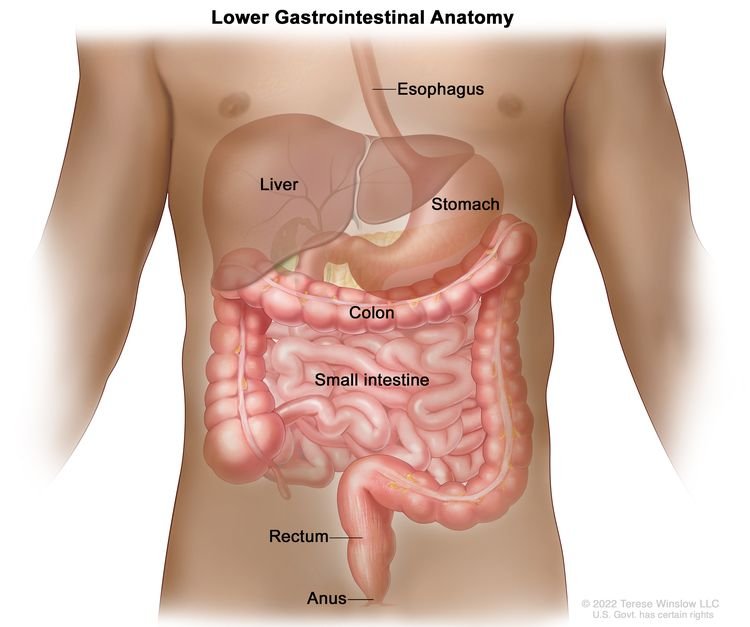Colon cancer is one of the most common cancers in the world, but it is also one of the most preventable. This disease starts in the large intestine, or colon, and often develops from small growths called polyps. These polyps are not cancer at first, but over time they can become cancerous if not found and removed. Regular screenings are the most effective way to catch colon cancer early, or even stop it before it starts.
Doctors recommend that people with average risk begin colon cancer screening at age 45. However, for those with a family history of colon cancer or certain genetic conditions, screening should begin even earlier. For example, if a parent had colon cancer at age 40, doctors may advise starting screening at age 30. Screening methods include colonoscopies, stool tests, and CT scans. Among these, colonoscopy is considered the most accurate because it allows doctors to see the inside of the colon and remove any suspicious polyps during the same procedure.
The exact cause of colon cancer is not always clear, but several risk factors have been identified. Some of these risks cannot be changed, such as age, family history, or inherited conditions like Lynch syndrome. Other risks are related to lifestyle and can be controlled. Eating a diet low in fiber and high in fat, being physically inactive, drinking too much alcohol, smoking, and carrying extra weight all increase the chances of developing colon cancer. Managing these risk factors can significantly reduce the risk of the disease.
Colon cancer often develops silently in the early stages, with few or no symptoms. When symptoms do appear, they may include changes in bowel habits, blood in the stool, unexplained weight loss, stomach pain, or a feeling that the bowel does not empty completely. Because these signs can be mild at first, many people ignore them. That’s why routine screening is so important, even for those who feel healthy.
If colon cancer is caught early, treatment is often successful. The stage of the cancer determines how it is treated. In stage 0 or I, the cancer is limited to the inner lining of the colon and may be removed during a colonoscopy. For stage II and III cancers, surgery is usually needed, sometimes followed by chemotherapy to destroy remaining cancer cells. If the cancer has spread to other parts of the body, which is stage IV, treatment becomes more complex and may include targeted therapy or immunotherapy, depending on the specific case.
Regular blood tests can also help doctors monitor for signs of colon cancer. These tests check for markers in the blood that might show cancer is present. However, blood tests are not a substitute for screening tests like colonoscopy. They are often used alongside other methods to provide a fuller picture of a person’s health.
Prevention plays a major role in reducing colon cancer risk. Eating foods high in fiber, such as vegetables, fruits, and whole grains, is a good start. Cutting back on red and processed meats, staying active most days of the week, keeping a healthy weight, and avoiding tobacco and excessive alcohol use can all help protect the colon. People with long-term health conditions like type 2 diabetes or inflammatory bowel disease should work closely with their doctors to manage these problems, as they can also raise the risk of colon cancer.
Doctors stress that one of the most powerful tools against colon cancer is simply taking the first step and showing up for a screening appointment. Most insurance plans cover the cost of preventive care, including colon cancer tests, making it easier than ever to get checked. Taking care of your colon health doesn’t just prevent disease—it also provides peace of mind and helps ensure a longer, healthier life.







